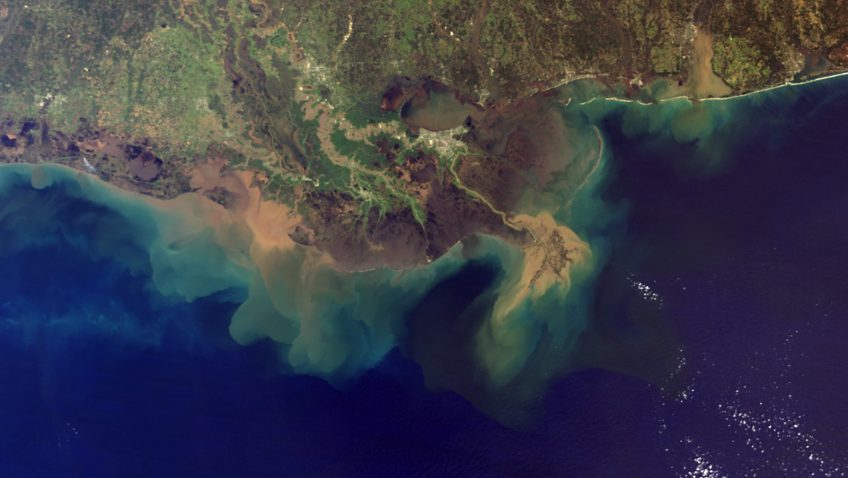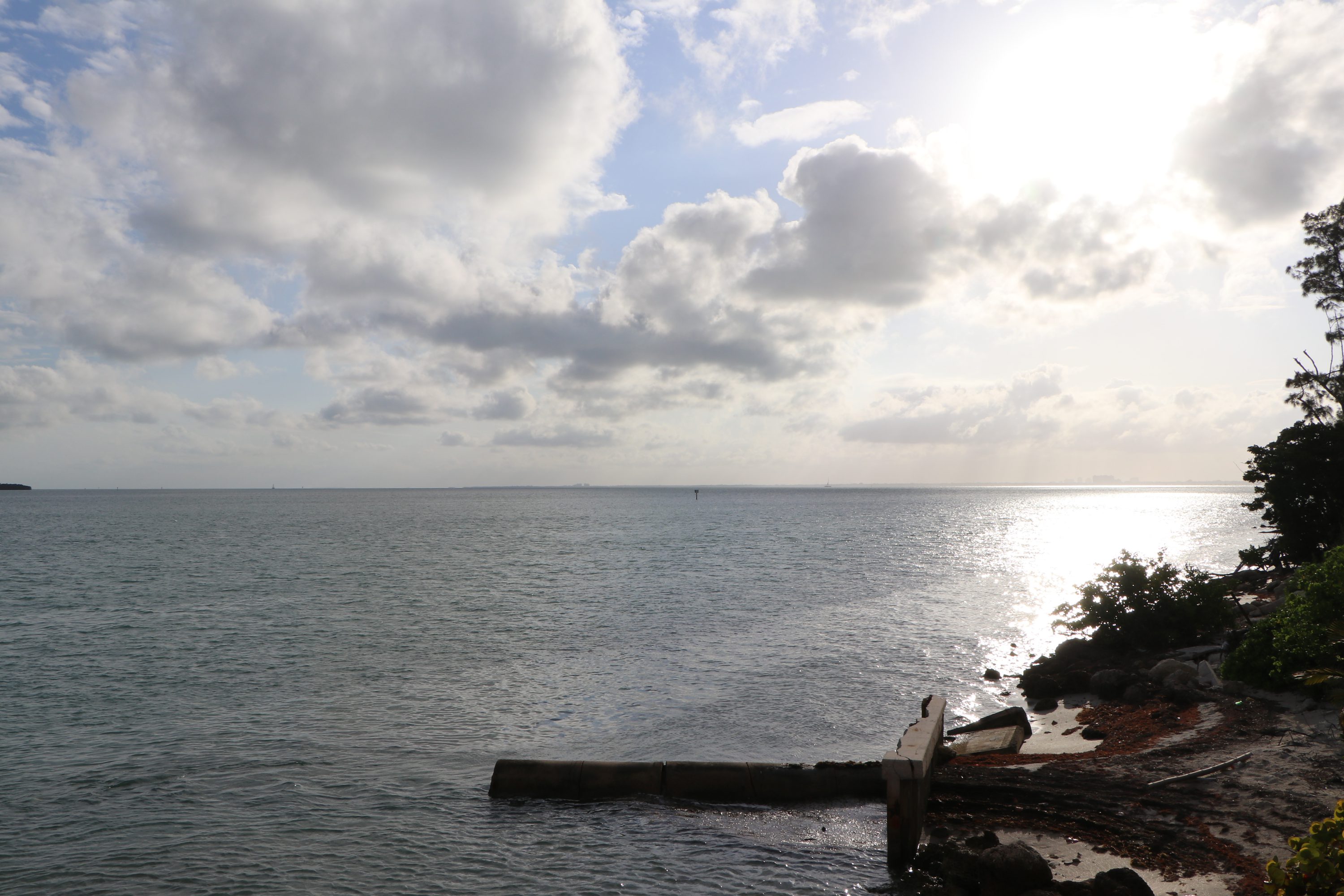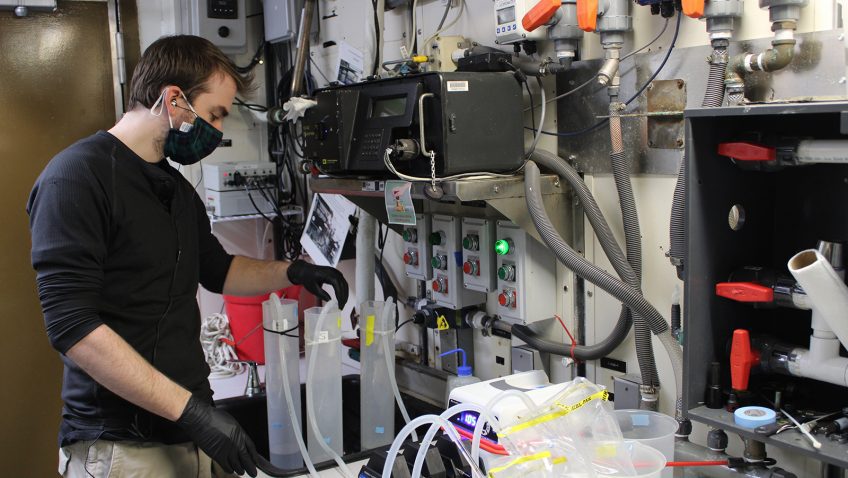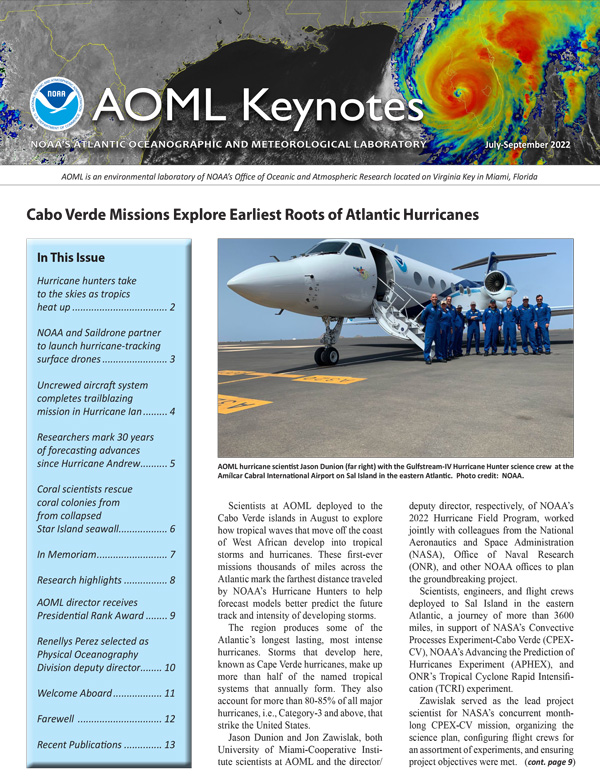Study Finds that a Larger than Normal Atlantic Warm Pool Can Lead to an Increase in US Heat Waves
Heat extremes are the number one weather-related cause of death in the United States, prompting the climate community to study the driving forces behind these extreme events to improve their prediction. A new study published in the Journal of Geophysical Research finds an increase in summertime heat wave occurrence over the US Great Plains is linked to a larger than normal tropical Atlantic warm pool.





